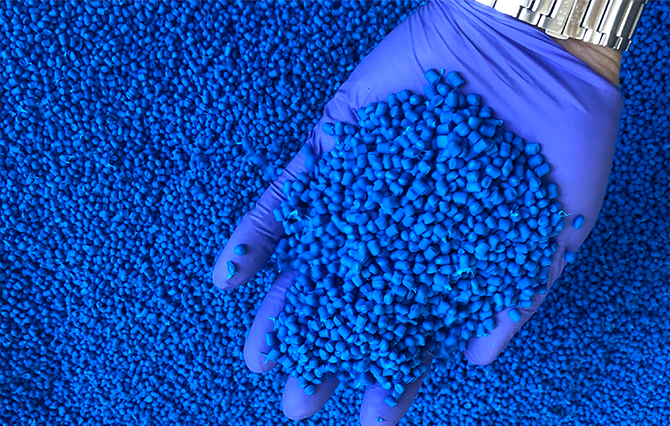Durable and Flexible PVC Transparent Hose Pipe for Various Applications in Home and Industry
A Comprehensive Guide to PVC Transparent Hose Pipes
PVC (Polyvinyl Chloride) transparent hose pipes are a versatile and widely used type of piping in various industries and applications. Their popularity stems from their unique features and benefits, making them an essential component for fluid transfer and many other uses. In this article, we will explore the characteristics, advantages, applications, and maintenance of PVC transparent hose pipes.
Characteristics of PVC Transparent Hose Pipes
PVC transparent hose pipes are made from high-quality polyvinyl chloride, which is a durable and lightweight material. One of the most notable characteristics of these hoses is their transparency, allowing for easy visual inspection of the flow within the pipe. This feature helps users identify potential blockages, changes in fluid color, or any impurities that might affect the transfer process. Typically, these hoses are flexible, enabling them to bend easily without breaking, making installation in tight spaces a breeze.
The temperature tolerance of PVC hoses generally ranges from -20°C to 60°C, making them suitable for various fluid types, including water, chemicals, and food-grade substances. Additionally, they come in various diameters and lengths, catering to different flow rates and volume requirements.
Advantages of PVC Transparent Hose Pipes
1. Chemical Resistance PVC is inherently resistant to corrosion, making it an excellent choice for transporting various chemicals without the risk of degradation or contamination.
2. Cost-Effectiveness Compared to other materials like rubber or metal, PVC hoses are relatively inexpensive, making them a preferred choice for budget-conscious projects.
3. Lightweight and Flexible The lightweight nature of PVC allows for easier handling and installation. Its flexibility aids in maneuvering through complex piping systems.
pvc transparent hose pipe

5. Clarity for Monitoring The transparent nature of these hoses enables users to monitor the flow and identify any issues quickly, enhancing operational efficiency.
Applications of PVC Transparent Hose Pipes
PVC transparent hose pipes have a wide array of applications across different industries
- Agriculture Used for irrigation systems, aquaculture, and transferring fertilizers or pesticides. - Food and Beverage Safe for transferring water, juices, and other food items due to its food-grade certifications. - Medical Utilized in various medical applications, including laboratory tubing and fluid transfer systems. - Industrial Commonly found in manufacturing, chemical processing, and construction. - Home Use Ideal for aquariums, home gardening, and various DIY projects, ensuring that everyday users have access to effective fluid transfer solutions.
Maintenance Tips
To ensure longevity and optimal performance of PVC transparent hose pipes, proper maintenance is essential
- Regular Inspection Frequently check for any signs of wear, discoloration, or damage. Replace hoses that show signs of leakage or significant abrasions. - Cleaning Flush hoses with clean water periodically to remove any residues or build-up that could obstruct flow. - Proper Storage Store hoses away from direct sunlight and extreme temperatures to prevent degradation. - Pressure Management Avoid exceeding the recommended pressure limits to prevent bursting, which can compromise not only the hose but also the system to which it is connected.
In conclusion, PVC transparent hose pipes offer a multitude of advantages, making them an indispensable tool in various settings. Their chemical resistance, cost-effectiveness, and ease of use make them suitable for industries ranging from agriculture to healthcare. By understanding the characteristics, benefits, and maintenance of PVC transparent hoses, users can ensure they select the right product for their needs, optimizing efficiency in fluid transfer applications.
-
Top Quality Oxy Acetylene Hoses for Sale Fit for Welding DemandsNewsJul.28,2025
-
The Future of Pneumatic Air Tubes in IndustryNewsJul.28,2025
-
Superior and Reliable LPG Hose Pipe Solutions for Every NeedNewsJul.28,2025
-
Exceptionally Durable and Versatile Premium Braided PVC TubingNewsJul.28,2025
-
Best Adapters for Connecting Garden Hose to PVC Pipe ConnectionsNewsJul.28,2025
-
The Essential Role of LPG Hoses in Safe and Efficient Gas DistributionNewsJul.16,2025














